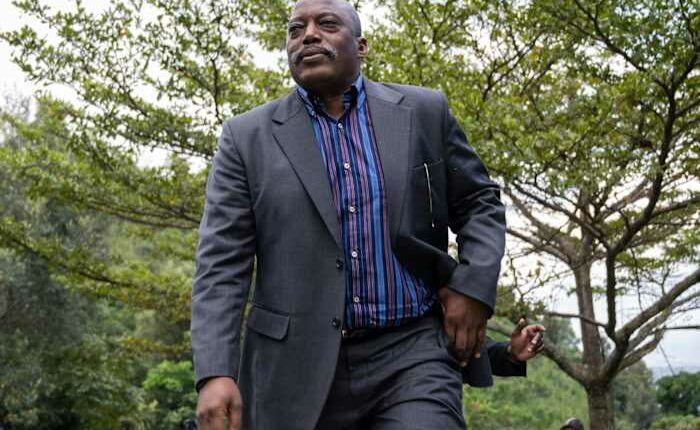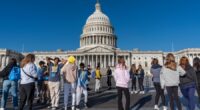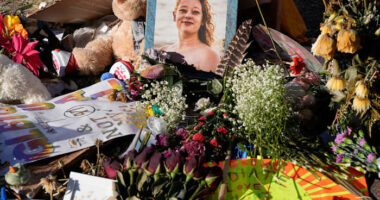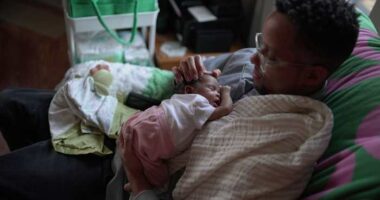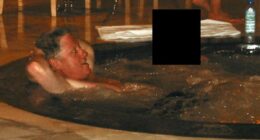Share this @internewscast.com

In a significant turn of events, former Democratic Republic of Congo president, Joseph Kabila, made a public appearance in Nairobi, Kenya, on Wednesday. This marked his first public engagement since being sentenced to death in absentia on charges of treason and war crimes. The event was a gathering with several other Congolese leaders who stand in opposition to the current president, Felix Tshisekedi, as they work towards forming a new political faction.
Kabila’s presence in the Kenyan capital was captured on film during a ceremony alongside a dozen Congolese political figures. This development is likely to stir diplomatic tensions, as the Congolese government has previously accused Kenya of backing the M23 rebel group, which has been a source of conflict in the region.
During the meeting, the leaders unveiled a declaration to establish a political movement aimed at what they describe as rescuing the nation. Their mission is to connect with “all Congolese people opposed to the dictatorship” and to champion the end of tyranny, the restoration of state authority, the reestablishment of democracy, and the promotion of national reconciliation.
The political landscape in Congo remains fraught with accusations and mistrust. Kinshasa, the capital of Congo, maintains that Kabila has been colluding with Rwanda and the Rwanda-backed M23 rebel group. This group has been responsible for capturing key cities in the resource-rich eastern part of Congo, heightening tensions earlier this year.
Kabila’s political party, the People’s Party for Reconstruction and Democracy, which he led during his presidency from 2001 to 2019, has dismissed the recent death sentence handed down by the high military court on September 30 as a politically charged maneuver.
The People’s Party for Reconstruction and Democracy, which Kabila led while serving as president from 2001 to 2019, said the death sentence issued by the high military court Sept. 30 was politically motivated.
Kabila denies the allegations, but expressed support for the rebels’ campaign in a February opinion article in the South African newspaper Sunday Times.
Kabila came to power at age 29, taking over from his father, former President Laurent Kabila, who was assassinated in 2001 while still in office. When his term ended in 2017, Kabila extended his rule by delaying elections for two years.
Tshisekedi’s 2019 election marked the first peaceful transition of power in Congo since the country gained independence from Belgium in 1960. He entered an initial power-sharing agreement after failing to gain a parliamentary majority over Kabila’s opposition coalition, which still controlled Parliament and key institutions.
The relationship continued to sour until Kabila fled Congo earlier this year.
Copyright 2025 The Associated Press. All rights reserved. This material may not be published, broadcast, rewritten or redistributed without permission.
